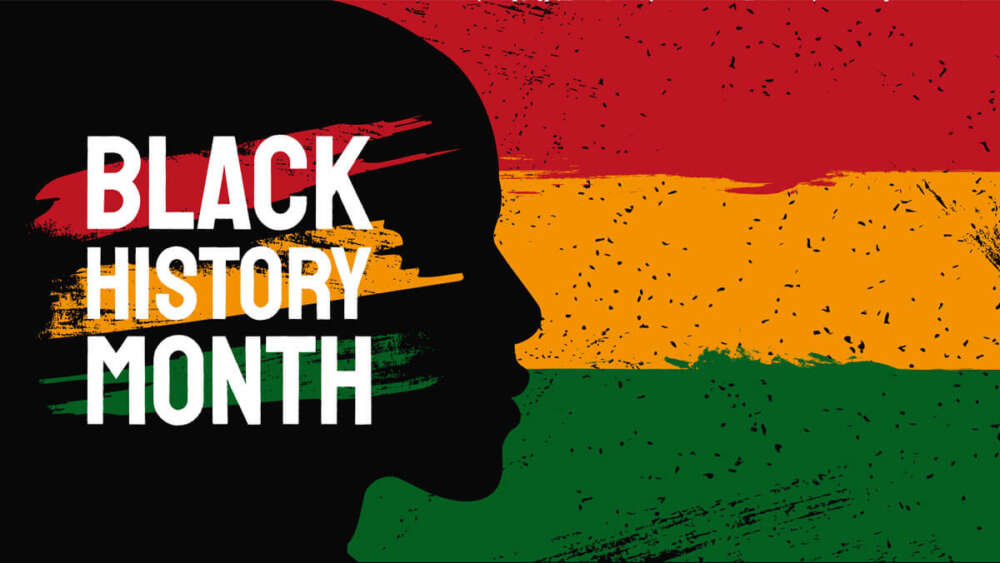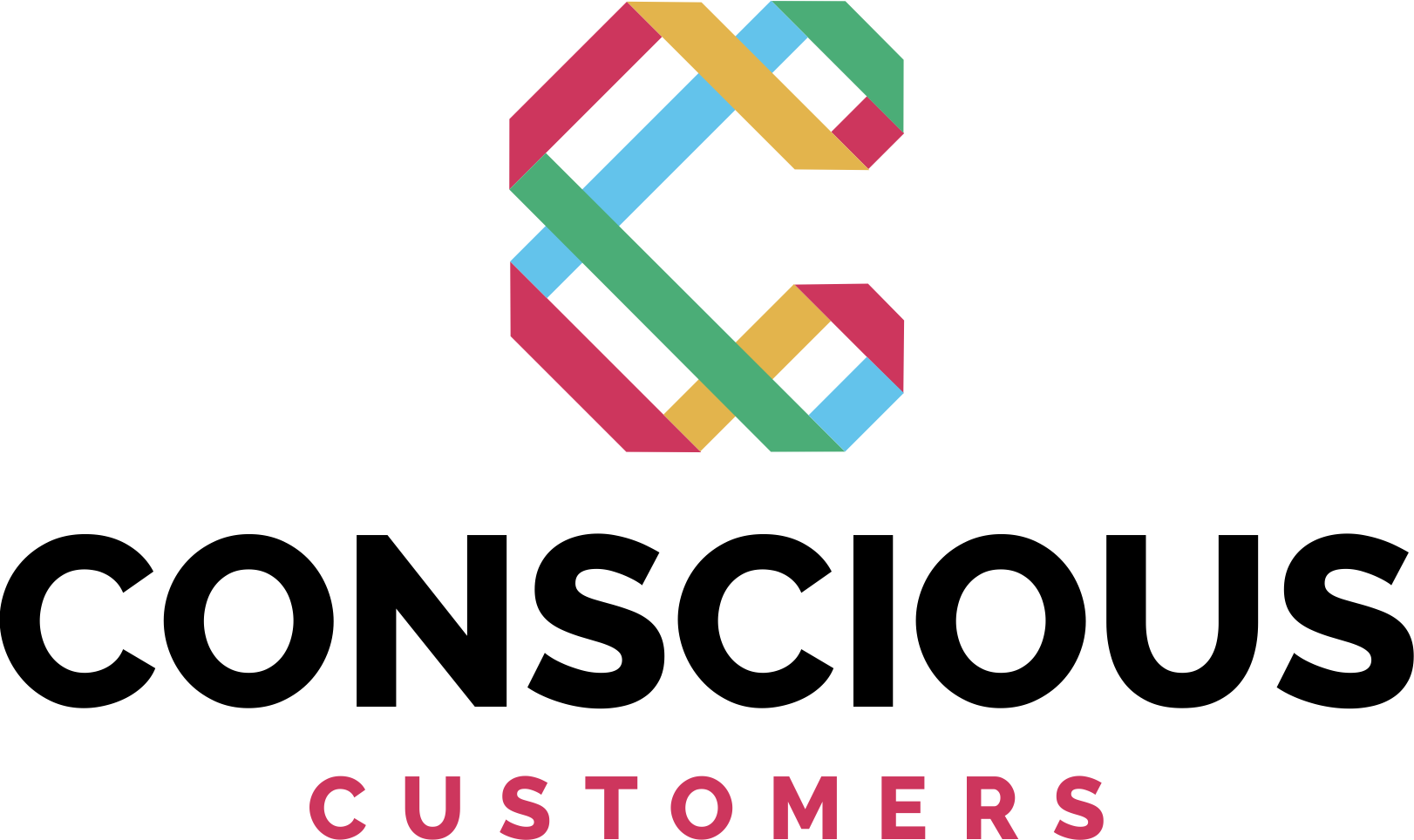Black History Month

Black History Month is fast approaching and many employees are still waiting to hear how their companies plan to live up to the statements about racism they made last summer. Whatever your role, you may be wondering how this 28 day period can be positive and productive in your organization, a chance to model commitment, accountability and excellence. We have some answers. And a few more questions.
When celebrating Black History Month, traditionally, organizations across the U.S. use what is defined as the “contributions” approach. In Approaches to Multicultural Curriculum Reform, James A. Banks defines this approach as, “ethnic content limited to primarily special days, weeks, and months, related to ethnic events and celebration.” This results in an organization’s year-long structural and organizational goals remaining mostly untouched and unchanged. Sure, you have some quality programs; but what really has the company really accomplished?
There is a better way.
Organizations need to raise the stakes. While employees and other stakeholders will expect their company to make some moves during Black History Month that showcase “contributions” of Black Americans, the month is an opportunity for much more. Use Black History Month as a chance to pivot. Use it as a time to think bigger. Begin transitioning your organization into what Banks calls a “transformational organization,” ready to “infuse various perspectives, frames of reference and content from various groups.” Black History Month can be your organization’s cue to infuse Black perspectives through the organization’s focus areas like purchasing, education and training, and company culture year-round. The month can even serve to launch inclusion of a Black perspective in your approach to product development, sales and marketing, people management or operations. Take Black History Month and expand its reach. Celebrate Black contributions by creating space for Black participation in your success. Launch corporate actions that demonstrate commitment, accountability and excellence.

Here are 5 tips on how to use Black History Month as a launching point to become a transformational organization.
1. Put Your Money Where Your Message is: This is Not the Time for Commitment Issues
Commit to diversify company spend today. What message are you sending with a lack of diverse vendors? What message can you be sending? By working with Black suppliers and vendors, not only are you being introduced to amazing new vendors you otherwise would have not known about without this conscious effort, you would be unlocking a force for positive change and impact that would be very relevant to Black history and the present and future too. This is an effort with lasting effect year-round and a built-in, recurring annual time to celebrate your success.
2. Engage Employees: It’s Not Just About You
As you take the plunge or ramp up your effort, give your employees the chance to be committed too. Offer your employees the opportunity to diversify their own personal and household spending with Black owned businesses. After all, it’s not just about you, but about us. Black people have been isolated from the rates of growth in American wealth for centuries. Collective spending on the corporate and individual level can have a real impact.
Don’t know where to start? We run programs for companies like yours to help make it easy for you. Here are a few of our favorite everyday items that you can recommend to your employees from Black-owned businesses.
3. Programming Matters: Seeing is Believing
Programming is important during Black History Month but also year round. Think panels, fireside chats, and roundtables. And formats you may not have tried but your employees believe will work. Harder during a COVID crisis, but still important with virtual convening happening continuously. Most importantly be sure that during the year programming includes multiple opportunities for celebration. A joyous time. Highlight Black experiences, and center Black voices.
4. Don’t make your Black Employees Responsible
Your Black employees are not responsible for fixing your corporate climate or your corporate image. I repeat, “your black employees are not responsible for fixing your corporate climate or your corporate image.” While employee resource groups are important, they should not be responsible for fixing your diversity issues, or burdened with the responsibility to create comprehensive programming or to be on display for your organization all month.
While employee participation is important, ERGs should be a place for fellowship. If this includes wanting to put together programming for Black History Month, that is great. We encourage it. But their role should not be to serve as the avenue that you pursue when looking to make diversity enhancements for the company. Adding additional (unpaid) work onto the plate of a Black employee can be overwhelming.
5. Just do it. Start!
Truly, there is no time like the present. Black History Month is a great time for celebration, but the key is to not let it stop there. The key is to continue across company efforts throughout the year. Pick a focus, and GO!
There is lots to do if transformation is the agenda. We need to change basic assumptions and infuse various perspectives and points of view into the conversation in order to evolve as a whole society – and as outstanding businesses too. Use Black History Month as your launchpad for good.
To learn more about how Conscious Customers can help your organization and your employees diversify spend this February contact us at [email protected]
Conscious Customers™ helps companies and organizations be more inclusive by putting Black and Latin-owned businesses at the center of their spending and engaging their employees in doing the same at home. Reach out for more information at [email protected].







